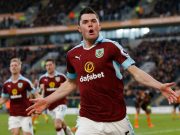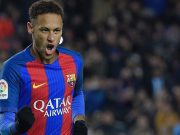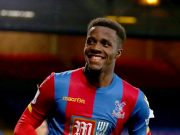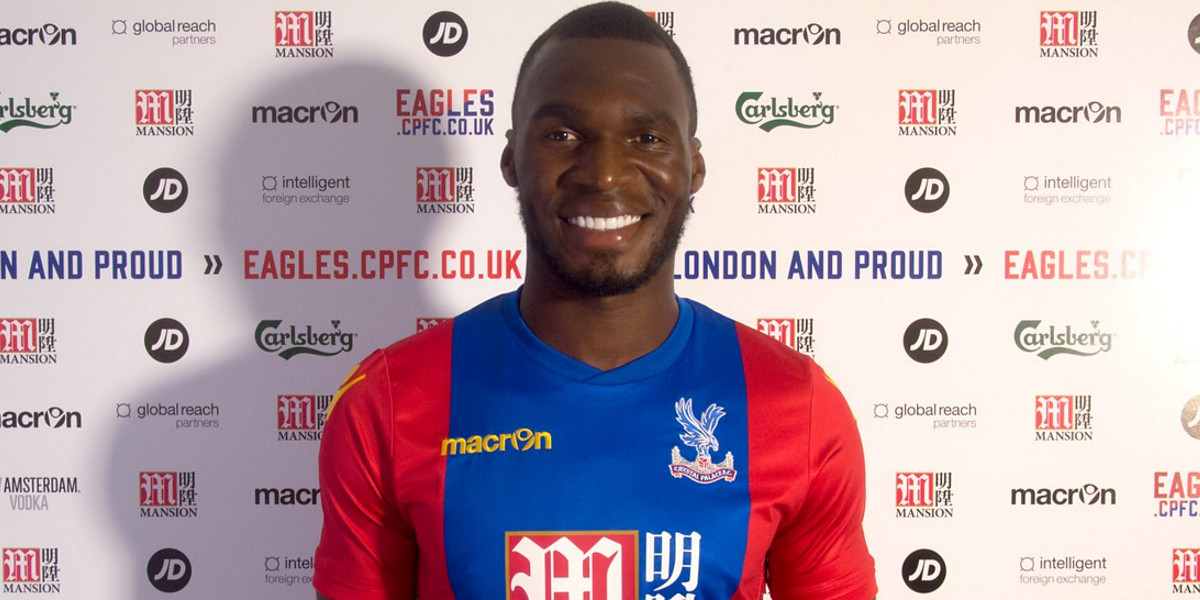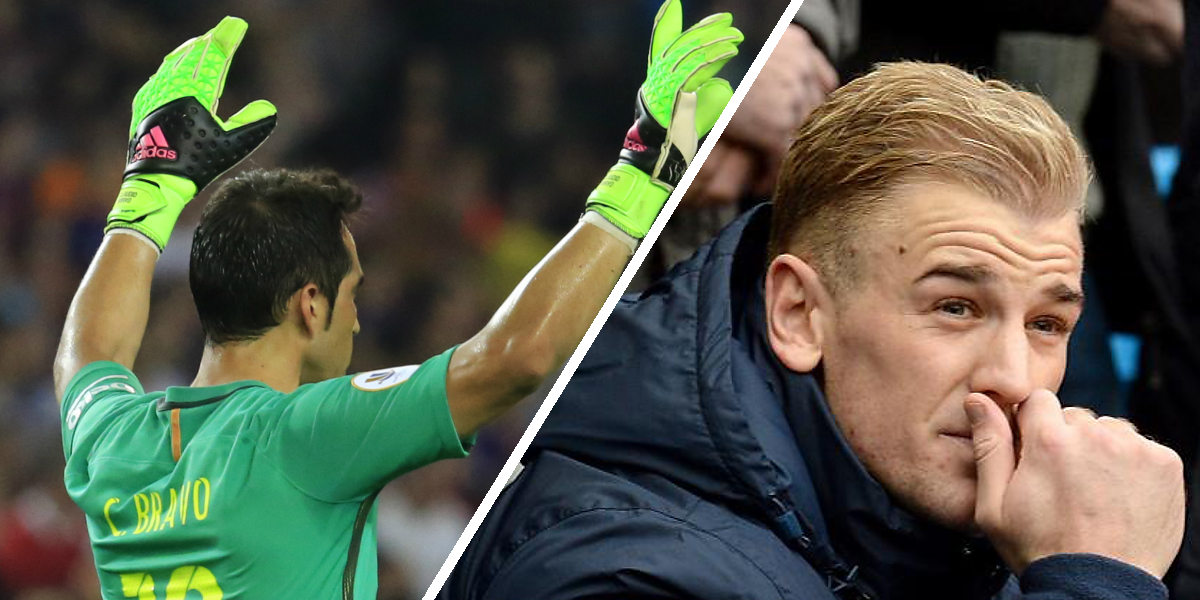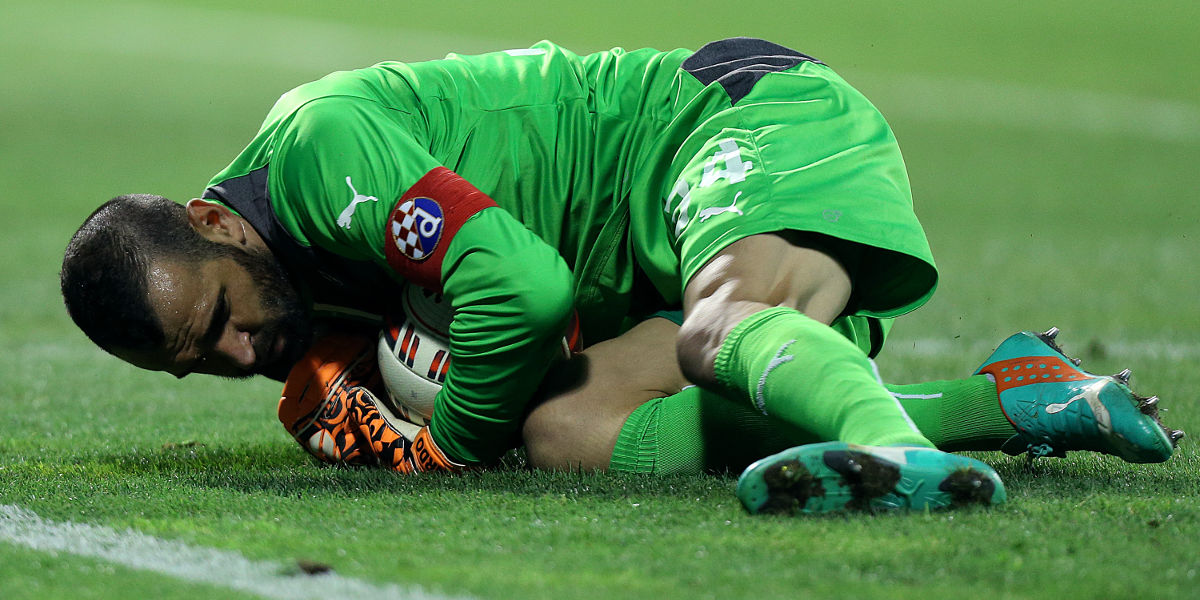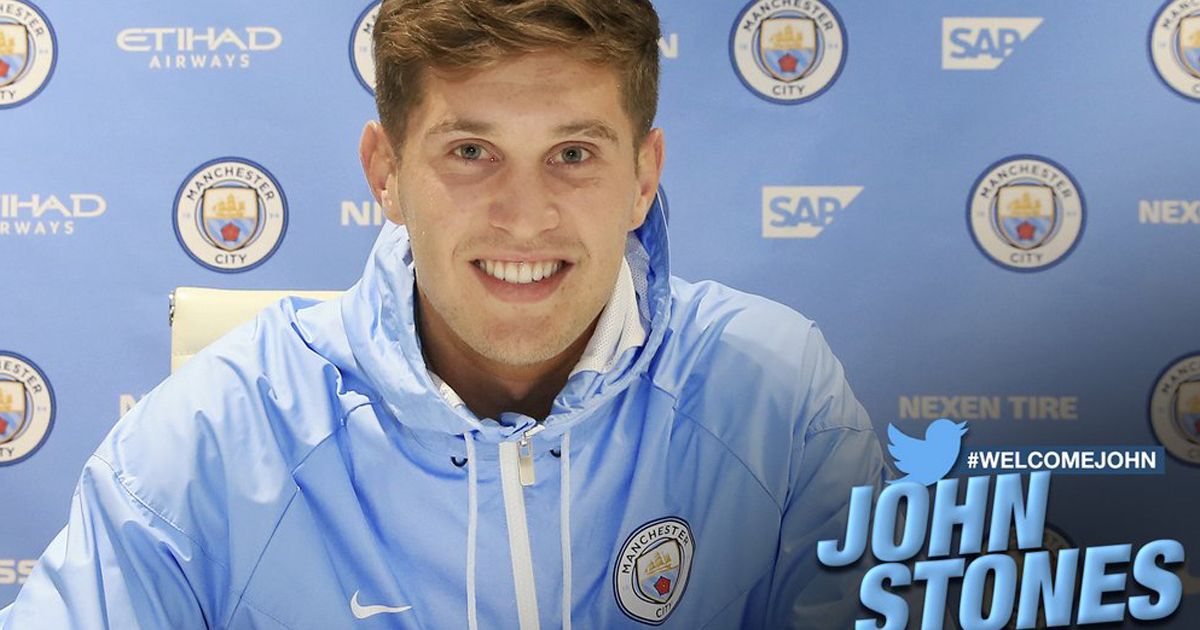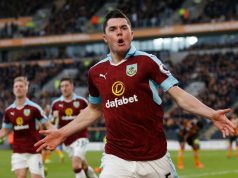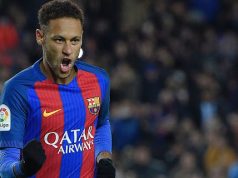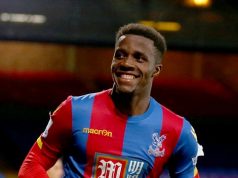Roberto Di Matteo faces a crucial decision over which of his centre-forwards will discomfit Barcelona the most.
At first glance, Roberto Di Matteo has no choice to make. So brutal was Didier Drogba’s battering of Tottenham Hotspur in the FA Cup semi-final on Sunday that the case to start him against Barcelona on Wednesday might normally be considered open and shut. The Catalans have been unsettled by the Ivorian’s power and presence before. Throw in a lingering sense of injustice from three years ago and his inclusion should feel inevitable.
Yet, as Chelsea’s interim first‑team coach contemplates his team selection overnight, he has one key forward-thinking decision still to make. “We need to be able to impose ourselves and hurt them,” said Di Matteo and, although that will require wresting back the ball from opponents used to a monopoly of possession, the Italian boasts another weapon with incentives to push for inclusion ahead of Drogba’s sheer brawn. Step up Fernando Torres.
The Spaniard’s status has dwindled from poacher to provider over a largely uninspiring 15 months at Stamford Bridge but there is a persuasive argument that this could be an occasion to buoy him back into the old routine. Back in Barcelona they once referred to him as their bestia negra, a legacy of damage inflicted upon the Catalans over his five top-flight seasons with Atlético Madrid. They had even considered buying him in the summer of 2007.
That was then and this is now, of course, but Torres still enjoys a reputation to send shivers of apprehension through the holders’ ranks. He made his league debut as an 18-year-old at the Camp Nou in September 2002 and would go on to score seven goals against them in 10 appearances while with Atlético. Most significantly, in an era when Barça felt unbeatable at home, he scored two goals in a match at the Camp Nou in successive seasons as Frank Rijkaard’s side were defeated 2-0 and 3-1. Such was his impact that the locals applauded him from the field first time around. They would be less appreciative should he repeat those feats over the next week.
It was Torres’s pace that unsettled so much back then, the striker spinning off his marker’s shoulder into the acres of space behind Barcelona’s trademark high backline. Last year, when contemplating a potential future meeting with Europe’s dominant club side, Torres had acknowledged a tactic that had proved so fruitful. “We were very clear about how to play them, taking into account they were much stronger than us,” he said. “Chelsea are at a higher level than Atlético were, and we would be able to take them on.”
That last point is debatable but, with the Torres of old galloping into space, Barça would at least be discomfited. Too often with Chelsea the forward has appeared cramped, swamped by team-mates springing from midfield or lost with opponents sitting deep and forever keeping him in their line of sight. Should the hosts claim the ball on Wednesday night, there may be space to exploit, and Carles Puyol and Javier Mascherano, who should confront him in this tie, are each one booking away from a suspension and will be wary of his slippery presence.
Certainly, his omission from the start at Wembley seemed to suggest he was being kept fresh with this occasion in mind and, having been omitted from Spain’s squad in February, he will be keen to impress Vicente del Bosque to ensure he makes the squad for Euro 2012. This feels like an opportunity he cannot afford to pass up, though dislodging Drogba may be an awkward task.
Cesc Fábregas gave the impression Barça expect to face the Ivorian from the start at Stamford Bridge. “With André Villas-Boas they tried to keep possession a lot more, not play so many balls long and not seek out the second ball quite so much,” said the midfielder. “Now they have returned a bit to that Chelsea that made them great and let them win the Premier League and cups, and reach finals: playing on the counter, trying to hit the target man, long balls, sitting back and using that No9 as a reference point.”
Such a tactic requires Drogba, a player who, perhaps more than most, will be driven by a desire to make amends for 2009. When the mood takes him, as it did against Napoli in the second leg of the last-16 tie, Drogba can still be unplayable. Yet whether the 34-year-old can summon another display as barnstorming as the one he conjured up in the latter stages on Sunday within 72 hours is another question. He has been used cleverly by Di Matteo, meaning that although Spurs departed scarred by a familiar foe, he could yet be asked to inflict damage as an impact substitute in this tie. Di Matteo was sleeping on his selection overnight. At least one big decision remains to be made.


